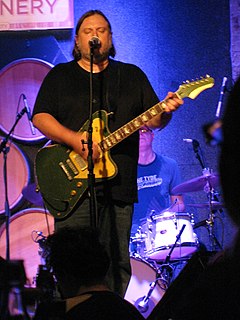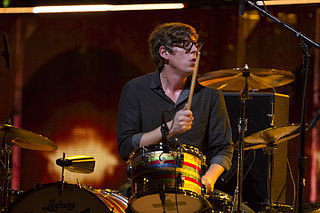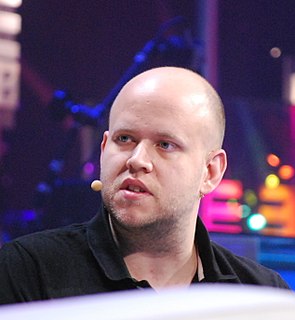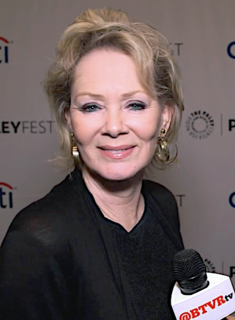A Quote by David Toop
We drank quite a lot and Tony Harrington said, "We're thinking of starting a record label at The Wire; how about you do a solo record?" I said, "Well, how am I going to do that?" I thought about it, and I'd been working on a lot of music in the years before, and I was working as a journalist, full time, really, up until that point; in whatever little spare time I had, I was working on music. So I said yes.
Related Quotes
It was three breakups going on at the same time. It was breaking up with my band, and my boyfriend, and right after that, my record label. I was arguing a lot with my record label during that whole time, so maybe they all affected each other. This record, Mondo Amore, came out of a time that was really heartbreaking and confusing, and that's why I switched the sound up a lot, to make it sound a little bit grittier and more raw.
I got on the phone with the president of my label and I said, "Obviously, I write songs in a lot of styles and play a lot of different kinds of music. We're getting toward the end of our business collaboration. If you could envision a record that you wanted to hear from me, what kind of record would it be?" It wasn't like asking him to fill an order, it was really just a conversation. For all the things I'd ever asked him, this was one thing I'd never asked, and I don't know why. So I was curious. And the thing that he was most interested in hearing was a solo record.
Beyond that, it gets down to the nuts and bolts of discipline - not a tradition or genre, I don't care about that, actually - but discipline in the sense of just working on music and working on thinking about music. It doesn't matter if it's jazz or not. It's about how we listen, how we interact, how we guide our attention when we're listening, and how we can refine what we're doing musically.
I've been writing music since I was about eight. I would write sporadically. I wrote a lot of music in high school. I guess the oldest song on the record ("I Thought I Saw Your Face") is about eight years old. It's the old "I had my whole life to write my first album and six months to write the second one." I did, to some degree, but actually, a lot of the songs that ended up on the record, I wrote really recently. So it varies.
In theory, when you're working with a record label, you're just borrowing their money. And that's basically how the record industry works, right? It's like, you borrow $100,000 from a record label, so you don't make any money until you make back that money for them. In theory, they have you held hostage, so you've got to do every little stupid thing that they want you to do.
I’ve always said to my agents and stuff, like, it’s going to be 10 years before people forget about Twilight, And that’s totally understandable. Normally people keep working and working until their big break. You just keep trying to make the best of your decisions. Like I try to think how I used to think before all the Twilight movies.
It makes a huge difference in how you feel, the way your costume holds you. When you look at yourself in the mirror, it makes you feel a certain way. Actors like to talk a lot about working from the inside out, but there's a lot to be said also about working from the outside in. It can be extremely helpful.
I do enjoy talking about how everything's changed and I'm fascinated by it, and I can spend my time worrying, like, "Are we going to appeal to teens?" But then, if I were to try to make a record for teens, I'd be doing exactly what I said I didn't want to do. That'd be posturing. And I'm watching other people trying to do that, and they all look stupid. But for some of them, it's working, so cash in.
The McCarthy period came along...and many of the other scientists who had been working on these same lines gave up. Probably saying "Why should I sacrifice myself? I am a scientist, I am supposed to be working on scientific things, so I don't need to put myself at risk by talking about these possibilities." And I have said that perhaps I'm just stubborn... I have said "I don't like anybody to tell me what to do or to think, except Mrs. Pauling."



































